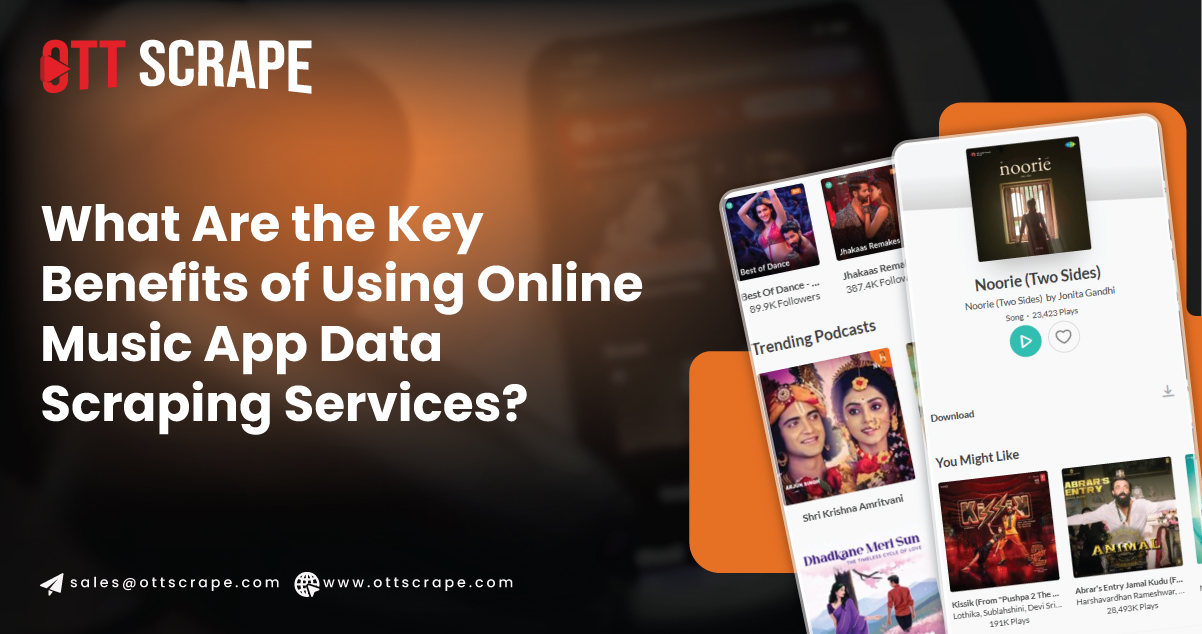
Music streaming has become an integral part of the entertainment industry in today's digital world. The rise of platforms like Spotify, Apple Music, Tidal, and YouTube Music has reshaped how users discover, consume, and interact with music. Behind the scenes, these platforms generate massive amounts of data related to user behavior, listening habits, and music trends. Tapping into this data has become crucial for staying competitive and relevant for businesses, marketers, and analysts.
One effective way to extract and analyze this data is through Online Music App Data Scraping Services. Web scraping is the automated process of extracting data from websites or online platforms. When applied to music streaming services, it allows for the collection of valuable streaming insights and analytics. Whether monitoring user preferences, tracking chart performances, or analyzing competitor strategies, Music App Data Scraping Services opens up new possibilities for gaining actionable insights.
What is Online Music App Scraping?
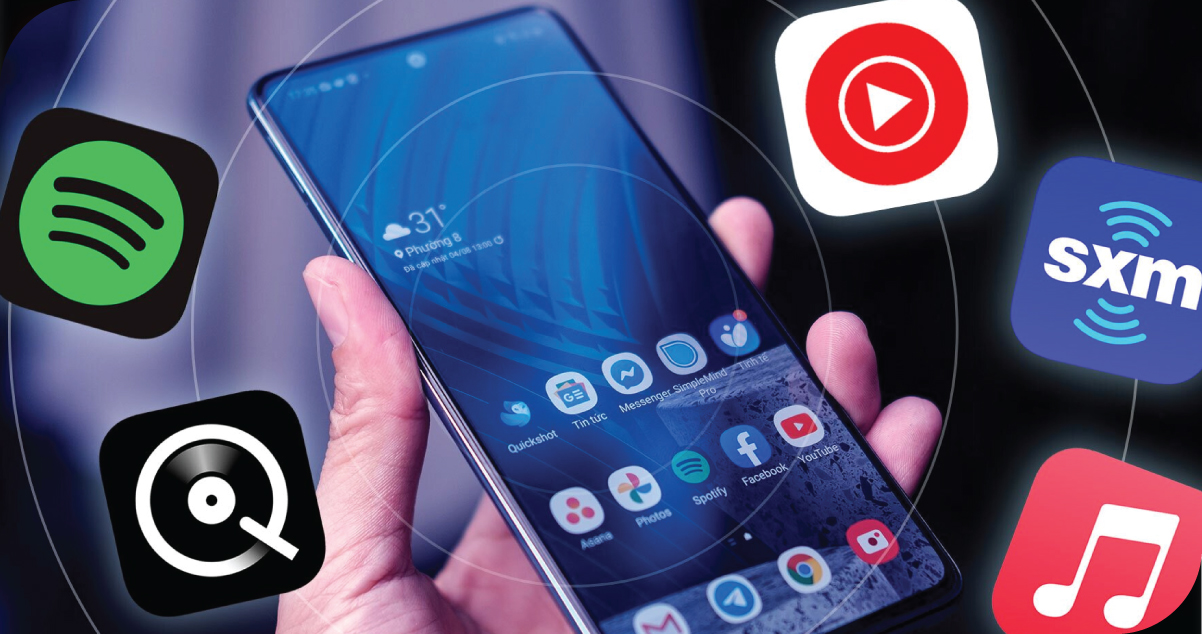
Online music app scraping involves extracting data from music streaming platforms, such as Spotify, Apple Music, and YouTube Music, to gather streaming-related information like song rankings, user behavior, playlists, album performance, and more. This data can be used for various purposes, including content analysis, marketing campaigns, trend forecasting, and competitive intelligence.
By leveraging scraping techniques, businesses can automate collecting large volumes of music-related data, making it easier to track performance metrics, identify emerging trends, and gain insights that might otherwise be time-consuming to gather manually.
Music App Data Streaming services allow companies to extract this data seamlessly and effectively. Meanwhile, using an Online Music App Data Scraper ensures efficient data collection from various platforms, providing businesses with the necessary tools to gain a competitive edge in the music streaming industry.
Key Benefits of Online Music App Scraping
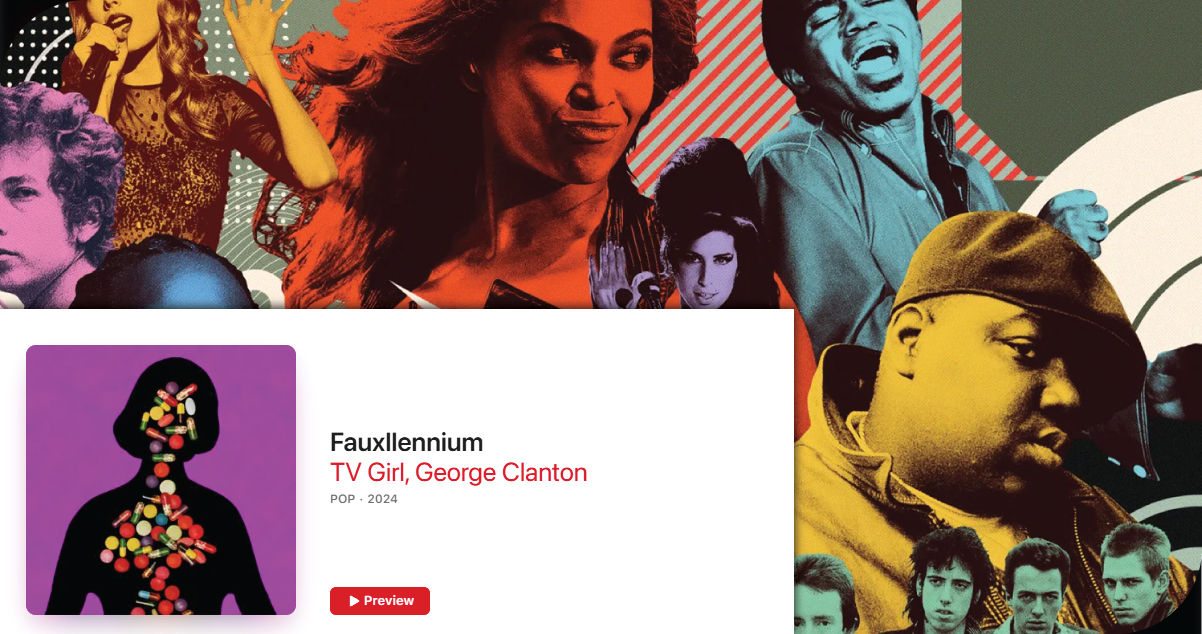
Online music app scraping offers businesses valuable insights into user behavior, streaming trends, and competitor strategies. Automating data collection from platforms like Spotify and Apple Music enables efficient performance tracking, market analysis, and data-driven decision-making.
Market and Trend Analysis
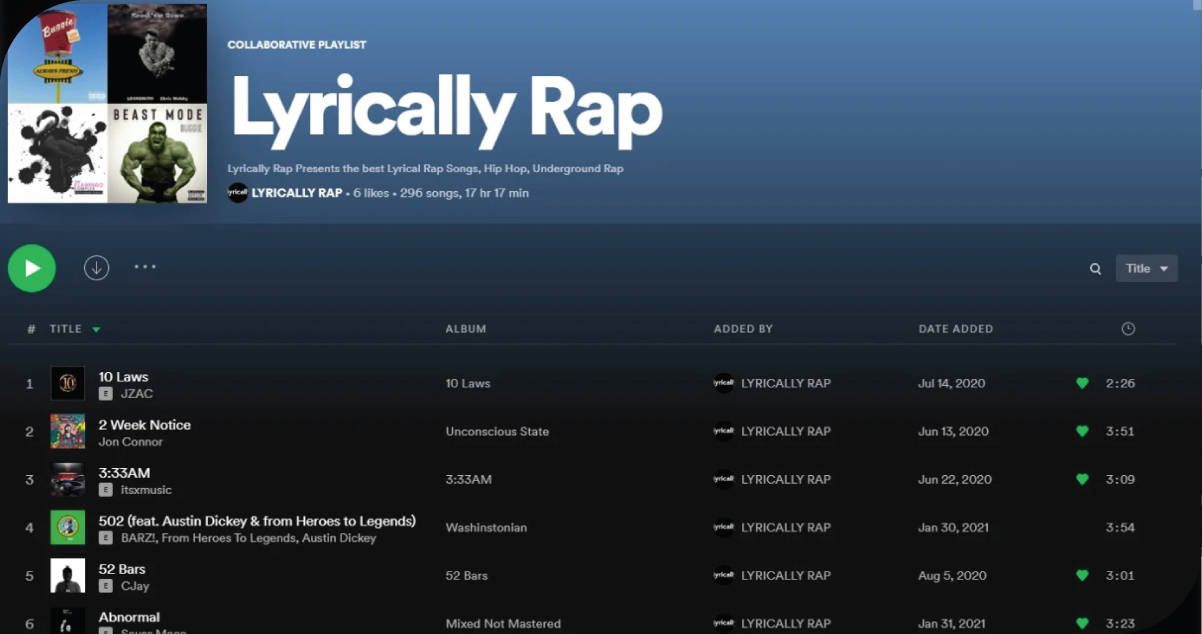
- One of the primary advantages of Online Music App Data Extraction is its ability to track music trends and emerging genres. Scraping streaming platforms lets businesses monitor popular songs, albums, and artists in real time. Music businesses can identify rising trends by tracking metrics like play counts, playlist additions, and user ratings and adapt their content or marketing strategies accordingly. For example, scraping data from platforms like Spotify can help identify trending songs and genres based on listening activity, social media buzz, and playlist inclusion. This can be particularly useful for record labels, music marketers, and radio stations aiming to stay ahead of the curve.
- Competitive Intelligence
In an industry where new artists and songs are constantly vying for attention, keeping tabs on competitors is crucial. Extract Online Music App Data to monitor competitors' streaming data, identify their most popular tracks, and understand their audience's behavior. This can provide insights into how different marketing tactics or promotional campaigns are influencing streaming success. For example, a record label may scrape data on an artist's performance on various platforms, like Spotify or Tidal, to assess the effectiveness of promotional efforts. Businesses can gauge the success of their competitors' strategies by analyzing metrics such as playlist placements, follower growth, and user engagement.
Audience Segmentation and Personalization
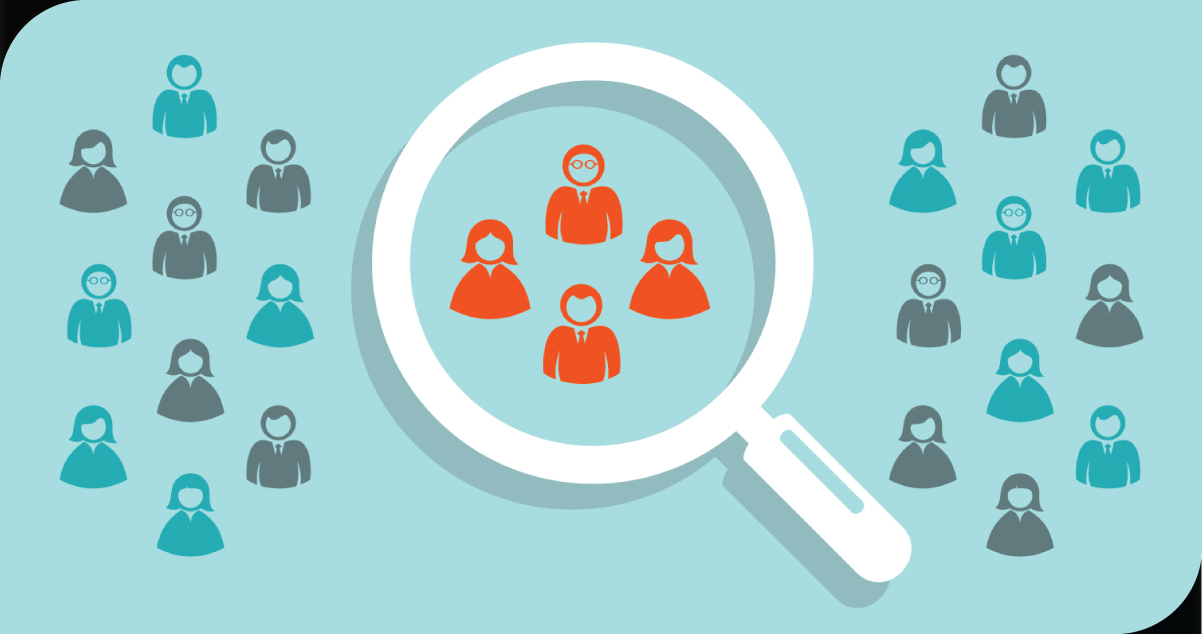
- Streaming platforms collect extensive user data, including listening habits, preferred genres, and favorite artists. By scraping this data, businesses can develop detailed audience profiles and segment their users based on their preferences. This granularity level helps craft highly personalized marketing campaigns or content recommendations. For instance, a music streaming service could use data from web scraping to create custom playlists or suggest songs to users based on their previous listening behavior. Similarly, advertisers could target specific user groups with ads tailored to their tastes, increasing the likelihood of conversion.
- Tracking Chart Performance and Rankings: Online music platforms like Spotify and Apple Music have global charts and playlists that rank songs based on popularity, user engagement, and algorithmic recommendations. Scrape Online Music App Data to track how well their tracks or albums perform compared to others in the same genre or category. Web scraping allows for real-time tracking of song rankings, helping artists and labels gauge their popularity, assess the success of a campaign, or identify the impact of promotional efforts. It also helps businesses monitor performance across different geographic regions and demographics, providing more localized and granular insights.
- Predictive Analytics and Forecasting: Scraping data from music streaming platforms can be used to create predictive models and forecast future trends. By analyzing historical streaming data, businesses can identify patterns and make informed predictions about what music will become popular next. For example, using web scraping, a company could analyze users' listening habits over time to predict which genres or artists are likely to rise in popularity. This can help music marketers, labels, and streaming services plan their content strategies and promotional campaigns accordingly.
- Content Performance and Optimization: Music streaming platforms often generate valuable data on how content performs once uploaded. By scraping data on user engagement, listens, skips, and playlist additions, artists and marketers can optimize their content to appeal to a broader audience. This data also reveals which songs, albums, or artists are underperforming, helping businesses decide where to allocate resources for maximum impact.
Applications of Online Music App Scraping for Streaming Insights
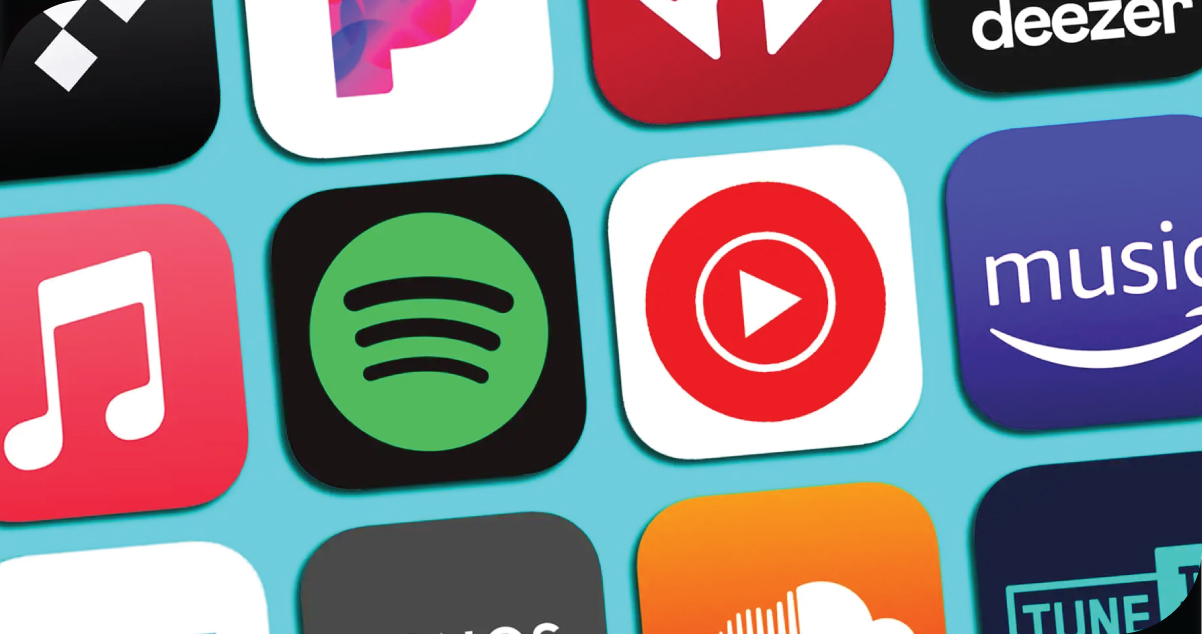
Online music app scraping enables businesses to gather essential streaming data, such as song rankings, user preferences, and playlist performance. This data is crucial for market analysis, trend forecasting, competitive intelligence, and enhancing marketing strategies in the music industry.
- Content Strategy for Artists and Labels: Artists and music labels can use streaming data to enhance their content strategy. By analyzing trends, listener demographics, and popular tracks, labels can better understand what types of music resonate with their audience. Scraping data from platforms like Spotify and Apple Music allows labels to identify the best-performing songs and tailor their promotional efforts to maximize reach. For example, an artist's social media activity might be linked to changes in streaming data. Scraping such information can help determine the effect of social media engagement on song popularity, allowing labels to tweak their marketing campaigns in real-time.
- Music Discovery and Recommendation Systems: Streaming platforms rely on recommendation algorithms to help users discover new music. Music App Scraping can be used to enhance these algorithms by providing more data points on user behavior and music preferences. By aggregating data from multiple platforms, businesses can improve recommendation engines, ensuring users are presented with the most relevant and engaging content. For instance, a streaming platform can scrape listening patterns and suggest similar artists, songs, or genres that align with users' tastes. By analyzing streaming data, companies can also recommend newly released tracks that have the potential to resonate with specific audience segments.
- Music Marketing Campaigns: For marketers in the music industry, data scraped from music streaming apps offers an opportunity to measure the success of marketing campaigns. By analyzing metrics like listener growth, playlist additions, and geographic performance, marketers can evaluate the effectiveness of their strategies and adjust accordingly. Scraping real-time data allows businesses to monitor marketing efforts and optimize their campaigns for better results. For example, marketers can identify the most successful promotional channels—influencer partnerships, social media campaigns, or press releases—and focus resources on those that yield the best ROI.
- Fan Engagement and Community Building: Music businesses can foster stronger connections with fans by scraping user comments, playlists, and other engagement metrics. User-generated content such as reviews, playlist inclusions, and comments on tracks provides a wealth of insights into how fans feel about specific songs or albums. By aggregating this data, artists and labels can identify loyal fans, respond to feedback, and collaborate with top influencers or playlist curators to boost engagement. Online Music App Data Scraper can also be used to understand fan preferences and deliver more content that resonates with their audience.
Legal and Ethical Considerations in Music App Scraping

While Online Music App Scraping provides many benefits, it's essential to approach it ethically and legally. Music streaming platforms have terms of service that govern how their data can be used. Scraping platforms without permission may violate these terms and expose businesses to potential legal action. To avoid legal issues, businesses should:
- Use Public Data: Focus on scraping publicly available data such as song rankings, playlists, and metadata. Avoid scraping personal data or violating privacy laws.
- Follow Platform Terms: Be sure to read and comply with the terms of service of the music platforms being scraped. Many platforms have specific guidelines for data usage and scraping.
- Rate Limiting: Scraping data excessively can overload a platform's servers. Use rate limiting to ensure the scraping process is done in a way that does not disrupt the service.
- Consider APIs: Many music platforms provide APIs allowing structured data access. Using official APIs is often more reliable and legal than scraping directly from the website to obtain data.
Conclusion
Online Music App Scraping offers a powerful tool for gaining insights and analytics in the rapidly evolving music streaming industry. Businesses can monitor trends, track competition, improve audience segmentation, and optimize marketing strategies by automating data collection from platforms like Spotify, YouTube Music, and Apple Music.
The potential applications of web scraping in the music industry are vast, whether for competitive intelligence, content optimization, or predictive analytics. However, businesses must remain mindful of ethical and legal considerations when scraping data to avoid potential risks.
With the right tools and strategies, Online Music App Scraping can provide valuable insights that drive growth, engagement, and success in the music streaming market.
Embrace the potential of OTT Scrape to unlock these insights and stay ahead in the competitive world of streaming!
